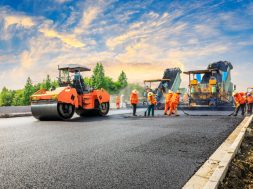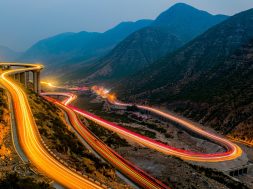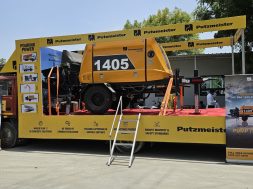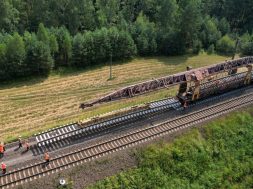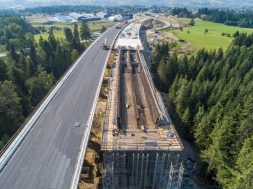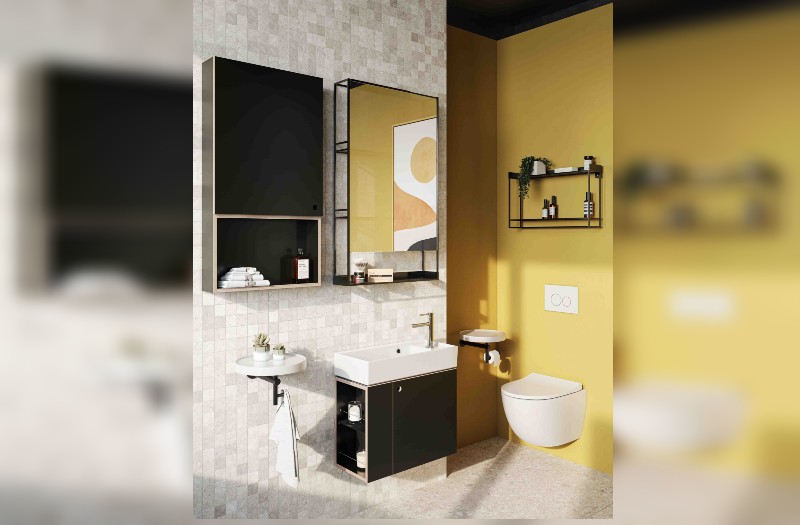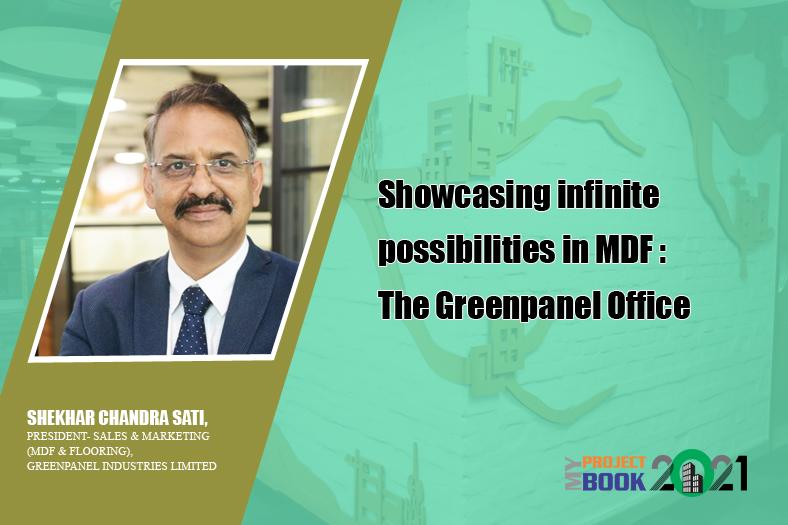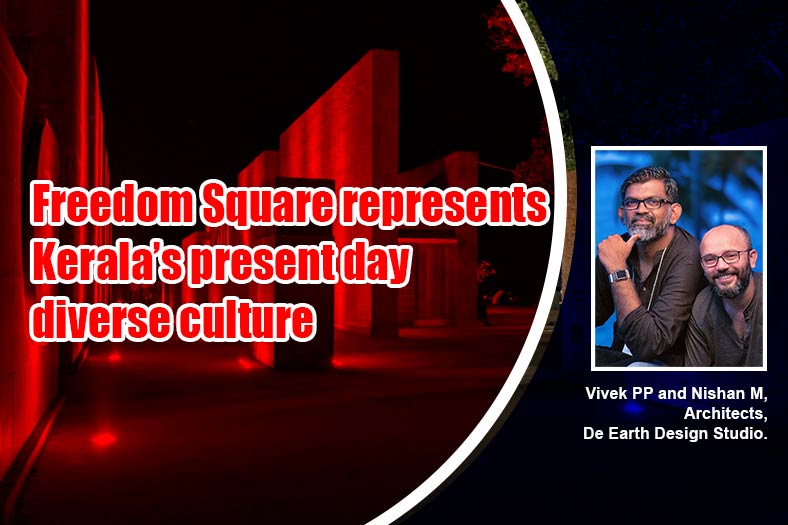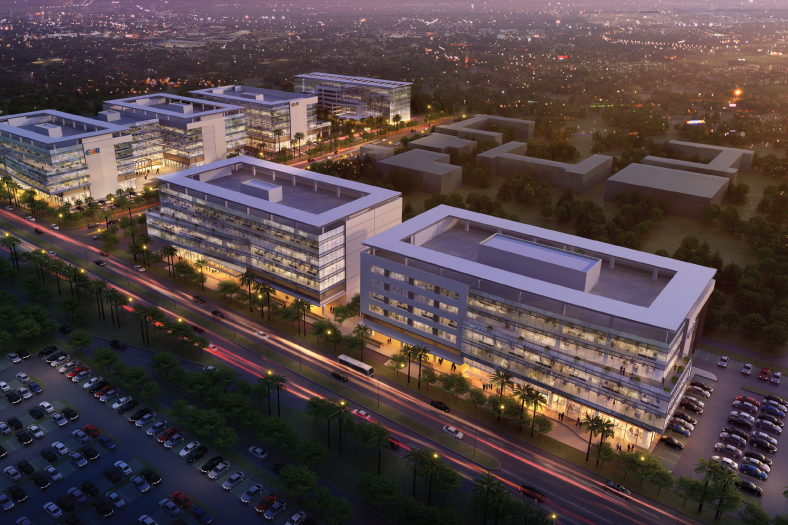Mumbai entered a world-class era of commuting with the inauguration of the Mumbai Metro
Eight years after the work commenced, the Mumbai Metro finally made its first run. After a three-year delay and huge cost over-runs, Mumbai, the financial capital of India, has finally got one more mode of transportation to reduce the burden on the stressed suburban railway system.
From Sunday, 8th June, the 11.4-kms long Versova-Andheri-Ghatkopar east-west corridor with 12 elevated stations en route became operational. Line 1 of the Mumbai Metro is operated by Mumbai Metro One Pvt. Ltd. (MMOPL), a joint venture company formed by Reliance Infrastructure, Veolia transport and the Mumbai Metropolitan Region Development Authority (MMRDA). Mumbaikar’s prideMumbai Metro is designed to reduce traffic congestion in the city, and supplement the existing, but severely overcrowded suburban railway network. With this service, the journey on the 11.4 km Versova-Andheri-Ghatkopar stretch is expected to reduce to 20 minutes which otherwise takes around 90 minutes at present by road transport.
People from the city are delighted with the launch of the metro and hope the new metro will end their travelling woes. Over 10 lakh commuters travelled on the city’s first Metro, which covers the 11.4 km-long Versova-Andheri-Ghatkopar corridor, in the 59 hours since the commencement of its services on June 8. “Today, till 4.30 pm, metro has crossed the one million mark of ridership that it achieved within 59 hours of operation since inception of commercial operation,” a release from Mumbai Metro One said.
Line 2 of Mumbai Metro will include Charkop-Dahisar (7.5 kms), Ghatkopar-Mulund (12.4 kms) while Line 3 will comprise BKC-Kanjurmarg via Mumbai airport (19.5 kms), Andheri east-Dahisar east (18 kms), Hutatma Chowk-Ghatkopar (21.8 kms) and Sewri-Prabhadevi (3.5 kms).The entire Mumbai Metro project will be 146.5 kms and scheduled to be completed by 2021. The entire project is estimated to cost nearly Rs 20,000 crore.
ChallengesSo far, the Mumbai Metro project has been plagued by delays, litigation and cost over-runs. Citing the challenges Maharashtra Chief Minister Prithviraj Chavan said, “Constructing bridges over railway line and the cable-stayed bridge over the Western Express Highway was an engineering challenge. The resettlement of the project affected families, religious structures, dodging underground utilities in a busy city like Mumbai will never be an easy job.” Now the project is facing protests from various quarters about the proposed increase in fares. Even the naming of project as ‘Reliance Metro’ got strong objection from political parties just before the commissioning.
Real estate blueExperts from the real estate industry observe that Mumbai Metro is certainly poised to become a major game-changer for realty investments in Mumbai. “The areas which will benefit from metro connectivity have already seen price rises of 400 per cent over the past eight years, and this trend is set to continue,” opines Ramesh Nair, COO – Business, JLL India.
Beyond MumbaiThe Maharashtra government plans to extend the metro services till suburban city Thane. According to the preliminary report, the proposed metro line, linking Mumbai to Thane will cost Rs 22,000 crore and will be of 32 km having 29 stations. The Chief Minister informed that the final project report would be available with the government in a month’s time.
Cookie Consent
We use cookies to personalize your experience. By continuing to visit this website you agree to our Terms & Conditions, Privacy Policy and Cookie Policy.

